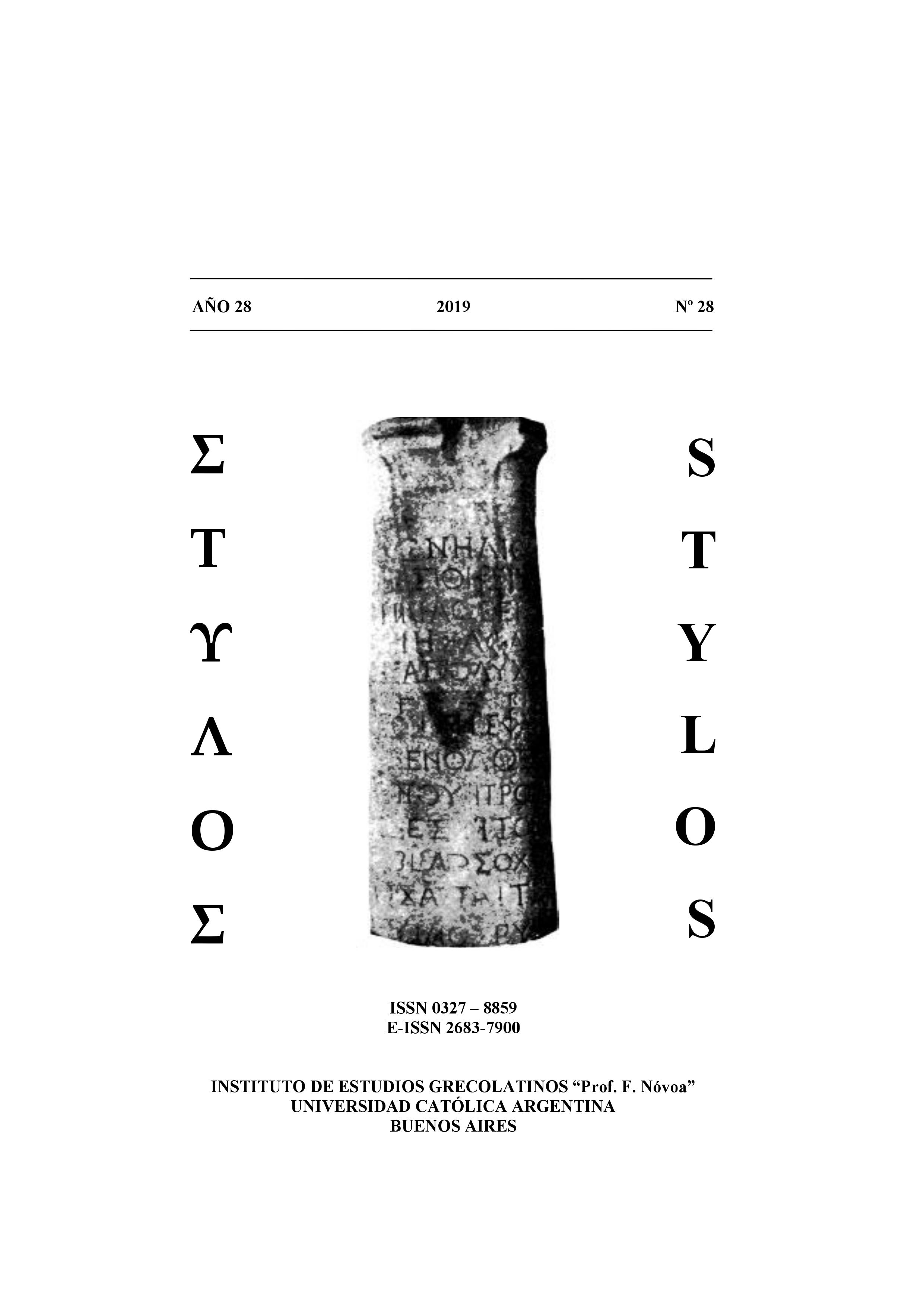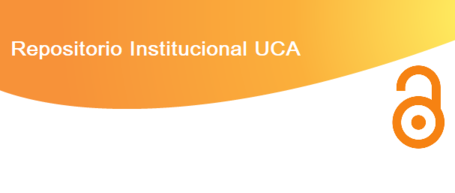ὁμοίωσις θεῷ EN PLATÓN
Keywords:
ὁμοίωσις θεῷ, τέλος, Plato.Abstract
The idea that Plato determined that the human τέλος is the ὁμοίωσις θεῷ is present in numerous medium- and neoplatonic sources. In turn, one of these sources informs us about the Pythagorean origin of this idea. The aim of this paper is try to elucidate what the expression ὁμοίωσις θεῷ means and if it could indeed be seen by the Athenian philosopher as a human τέλος. To do this, first, we will briefly examine the Pythagorean origin of this idea. Then, we will expose and analyze some passages of the corpus platonicum in which ὁμοίωσις θεῷ is mentioned. This allows us to make manifest, on the one hand, what it implies in the framework of Platonic philosophy and, on the other, similarities and differences regarding the Pythagorean conception. Doing so, we intend to be able to realize whether this idea was considered by Plato as the τέλος of men.Downloads
Download data is not yet available.
Downloads
Published
12/27/2019
How to Cite
Brousson, A. (2019). ὁμοίωσις θεῷ EN PLATÓN. Stylos, 28(28), 8–27. Retrieved from https://e-revistas.uca.edu.ar/index.php/STY/article/view/2736
Issue
Section
Artículos
License






